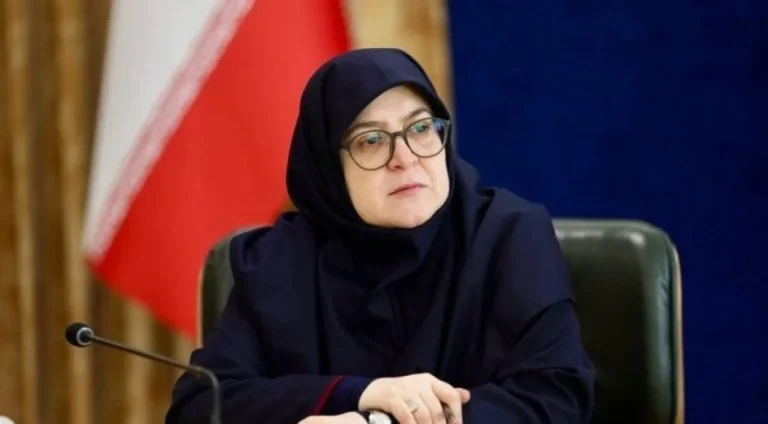Iran Launches Strategic Reconstruction Plan

Photo: QnabNews
July 1, 2025 Hour: 8:43 pm
The Iranian government officially announced the initiation of a major national reconstruction program aimed at revitalizing key sectors of its economy and infrastructure, as part of its broader National Development Strategy.
The announcement was made Tuesday through a government communiqué, reflecting Tehran’s intention to recover rapidly from recent escalations and to consolidate long-term resilience.
The plan, which encompasses housing, agriculture, industry, and core infrastructure, is framed as a step toward improving Iranians’ quality of life while strengthening the nation’s capacity to withstand both internal challenges and external pressure. The government emphasized that this effort is not only an economic undertaking but also a sovereign assertion of Iran’s right to self-determination in the face of international adversity.
Government spokesperson Fatemeh Mohajerani reaffirmed this stance during a press briefing, underscoring that Iran remains “firm and ready for any scenario.” She explained that Iran had delivered “multiple messages at various levels” to its adversaries and partners alike, making clear that the country would not compromise its sovereignty or security interests.
This announcement arrives on the heels of continued tensions with Israel and Western powers, particularly following recent regional military escalations. According to Mohajerani, the resilience and unity of the Iranian people were instrumental in confronting what she described as acts of aggression targeting the Republic. “The people’s determination has made clear that our sovereignty is not negotiable,” she stated.
As Iran charts this new chapter in domestic policy, it also reasserts its position on the international stage. Officials reiterated that any future negotiations with foreign states or blocs would be conducted only under conditions of mutual respect and equality. Tehran rejected any suggestion of accepting terms that undermine its national dignity or development agenda.
The reconstruction strategy is envisioned as a multi-phase endeavor, backed by national expertise and international partnerships that align with Iran’s interests. Authorities have signaled investment in rural development, energy diversification, and technological self-sufficiency as priority sectors. Iranian economists highlight the importance of this initiative in stimulating job creation and reversing the socioeconomic toll inflicted by war and sanctions.
Political analysts view the rollout of this domestic plan as a calculated response to what Iranian officials have deemed the failure of Israeli strategic objectives. Tehran has celebrated what it considers a regional turning point following recent hostilities, using the moment to rally support around reconstruction and national renewal.
At the grassroots level, organizations aligned with the state have begun mobilizing communities for housing rehabilitation and cooperative agriculture projects. State media outlets have launched campaigns encouraging citizen participation, emphasizing the moral and cultural dimensions of rebuilding the nation.
While critics argue that Iran’s rhetoric around sovereignty masks deeper economic vulnerabilities, government officials counter that independence and resistance are essential to securing the country’s long-term prosperity. Fatemeh Mohajerani affirmed that Iran “would rather build slowly with dignity than submit quickly to pressure.”
As reconstruction gets underway, Iran’s leadership is navigating a complex regional and global environment. But the message from Tehran remains consistent: the Islamic Republic will pursue peace and growth on its own terms, and will not trade its sovereignty for temporary relief or superficial stability.
Author: OSG
Source: WAFA






